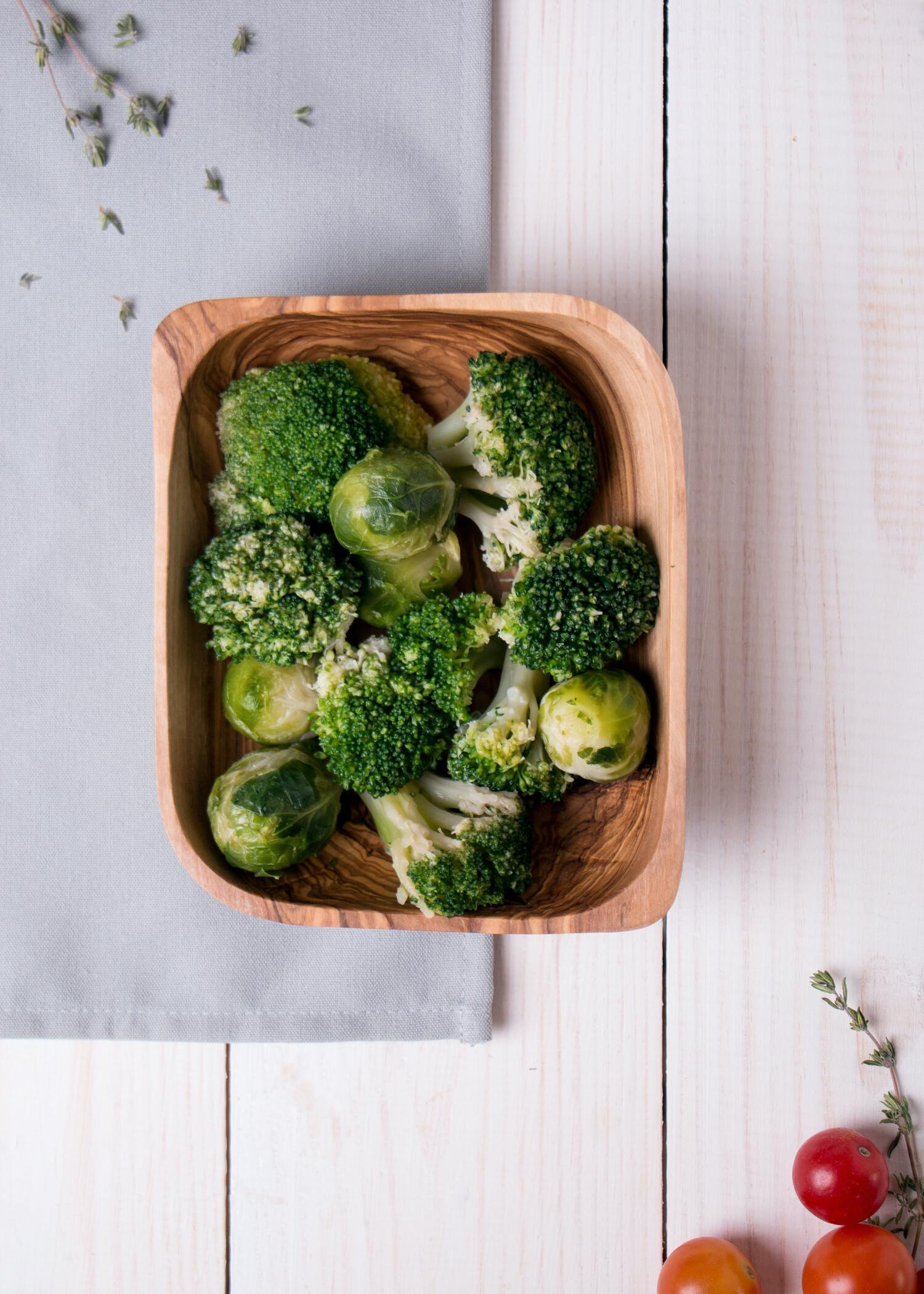Estrogen and progesterone are hormones that are essential for many important bodily functions in women, including regulating the menstrual cycle and maintaining bone density. Estrogen is the hormone responsible for women's sexual traits and reproductive capacity, while progesterone is a hormone that helps manage the menstrual cycle and pregnancy.
However, estrogen levels can fluctuate due to various factors such as aging, menopause, and certain medical conditions. Low levels of estrogen and progesterone, such as during menopause, can negatively impact your mood, sexual drive, and bone health, among other issues.
Let’s look at several natural methods that help increase estrogen in your body, as well as discuss when it might be necessary to contact a doctor about low estrogen. Many of these therapies either directly promote estrogen production or replicate estrogen function in the body.
8 natural ways to increase estrogen levels
Low estrogen levels can result in a range of symptoms, including hot flashes, night sweats, mood changes, and difficulty sleeping. If you have low estrogen levels and want to increase estrogen in your body naturally, there are several tricks you can try. Here are 8 natural ways to raise your estrogen levels:
Soybeans
Soy products like tofu and miso contain high levels of phytoestrogens, which are plant-based compounds that can mimic estrogen in the body and either boost or reduce estrogen levels depending on an individual's current estrogen levels. Phytoestrogens bind to estrogen receptors and can have either estrogenic or anti-estrogenic effects.
Some research discovered that consuming more soy is associated with a decreased chance of dying from breast cancer. This might be due to phytoestrogens' estrogen-like properties.

Vitamin B
B vitamins are essential for the production and activation of estrogen in the body, and low amounts of B vitamins can result in lower estrogen levels.
One study examined the relationship between B vitamin levels and breast cancer risk in premenopausal women. The study found that higher levels of vitamins B2 and B6 is connected to a decreased incidence of breast cancer. This might be because of their effect on estrogen metabolism.
Foods rich in Vitamin B2 include milk, yogurt, cheese, green leafy vegetables, and fortified cereals, while Vitamin B6 can be found in meat, fish, poultry, and whole grains.
Vitamin D
Vitamins D and D3 act as a hormone in the body. Vitamin D and estrogen both work together in the body to lower the risk of cardiovascular disease.
These hormones are related to each other because of vitamin D's function in estrogen production. This suggests that addressing any vitamin D deficiency may be beneficial for women with low estrogen levels.
Some foods rich in vitamin D include fatty fish like salmon, tuna, and mackerel; egg yolks; cheese; shiitake and Portobello mushrooms; and fortified foods such as cereal, milk, and orange juice.
Boron
Boron is a trace mineral with several functions in the body. It has been studied for its potential to reduce the risk of some forms of cancer. Boron is also required for the metabolism of testosterone and estrogen.
According to a review released in PubMed, Boron impacts estrogen receptors by helping the body utilize the estrogen in the body that is more readily available.
Foods rich in boron include fruits and vegetables such as apples, coffee, beans, milk, and potatoes.
Reduce stress
If you are often feeling stressed, this might be lowering your estrogen levels. Chronic stress may have a negative influence on many elements of your health, including hormones. For example, stress reduces testosterone and estrogen levels.
Black cohosh herb
Black cohosh is a traditional Native American plant that has been used for centuries to cure a range of illnesses, and has also been used to address menopause and menstruation problems.
According to one study, black cohosh also contains chemicals that trigger estrogen receptors. Although further study is needed, this might suggest some potential advantages to supplementing black cohosh in your diet when estrogen levels are low. However, it’s always important to consult a healthcare professional before deciding to use such herbal supplements.

Seeds
Nuts and seeds like flax seeds and sesame seeds are high in phytoestrogens. Lignans are phytoestrogens present in most seeds. Try sprinkling seeds on salads, adding them to smoothies, or nibbling on your favorite nuts throughout the day.
Whole grain bread is often made using wheat, barley, oats, rye, or flax, and is another source of phytoestrogens. These foods, including nuts and seeds, contain lignans. Depending on the percentage of whole grains in the bread, some will have more lignan phytoestrogens than others.
Maintain a healthy weight
If you’re below your ideal body weight, you may have a harder time producing enough estrogen. Because of this, maintaining a healthy weight can help improve your estrogen levels. If you are having difficulty gaining or maintaining a healthy weight with the foods you are currently eating, you should speak with a dietitian or another healthcare provider so that they can assist you in getting all of the nutrients and calories your body needs.
When should you see a doctor?
If you're experiencing an imbalance in your estrogen levels, there are several natural methods you can try to help regulate your hormones. As we laid out above, these include incorporating functional foods, vitamins and minerals, and herbal supplements into your diet.
However, it's important to speak with your healthcare professional before introducing any changes in your diet and lifestyle. That way, you can determine whether it is more appropriate for you to pursue other medical treatments such as hormone replacement therapy (HRT). HRT, particularly low-dose HRT, can be an effective way to quickly and efficiently regulate your hormones.
Remember, estrogen and progesterone are crucial sex hormones, especially for females, and imbalances in these hormones can be caused by menopause or other medical conditions.













